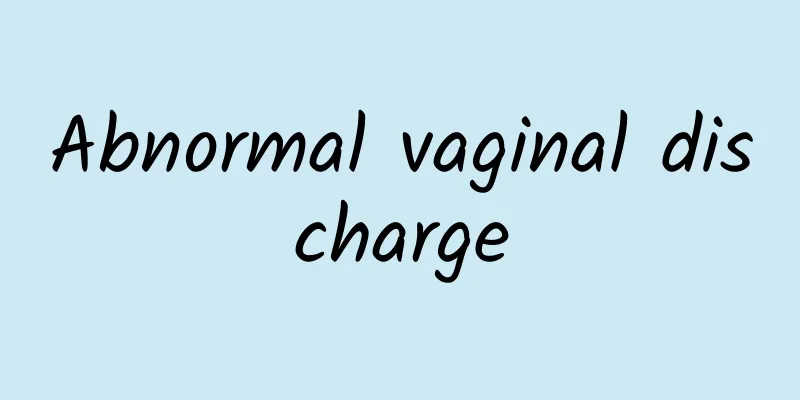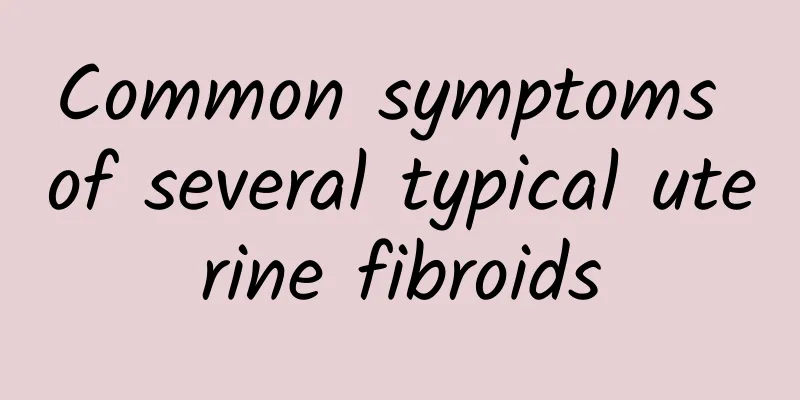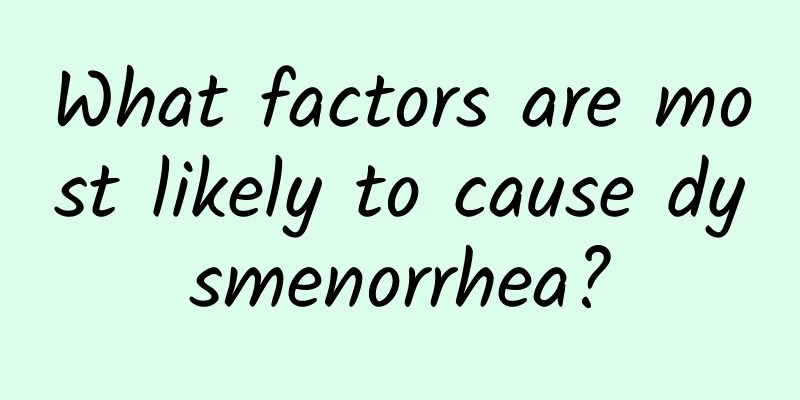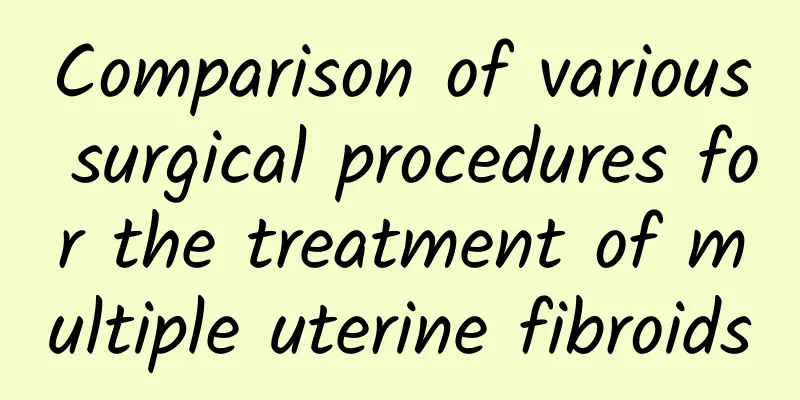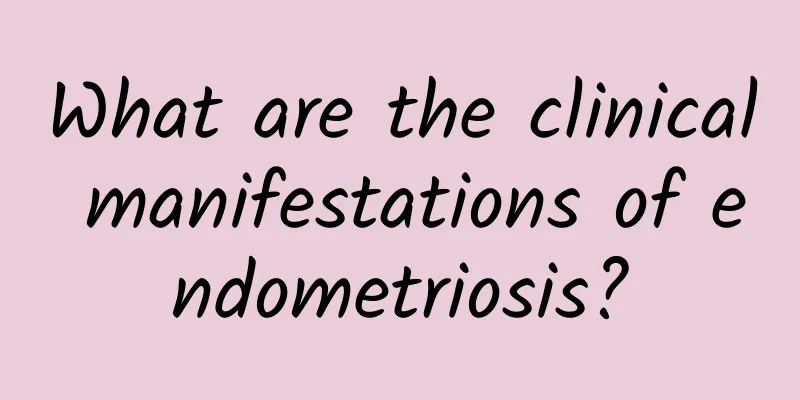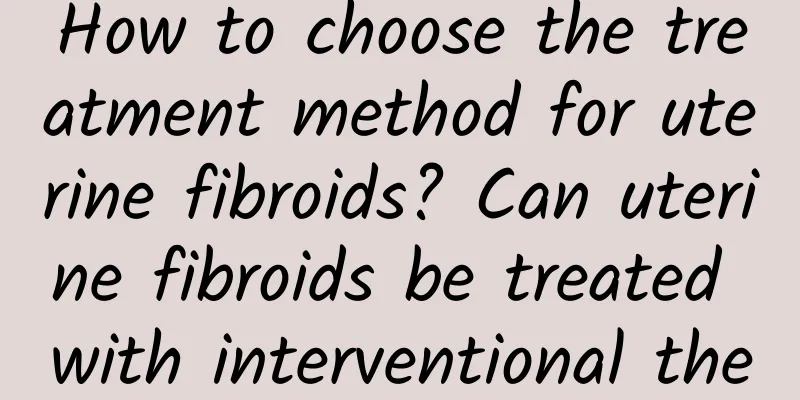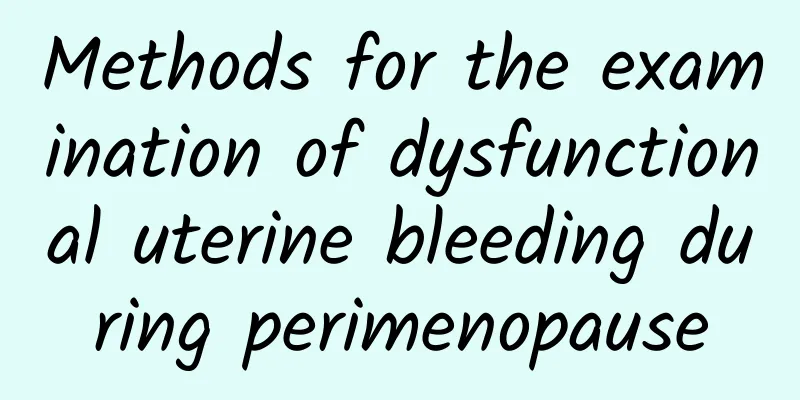How to treat upper cervical adhesions
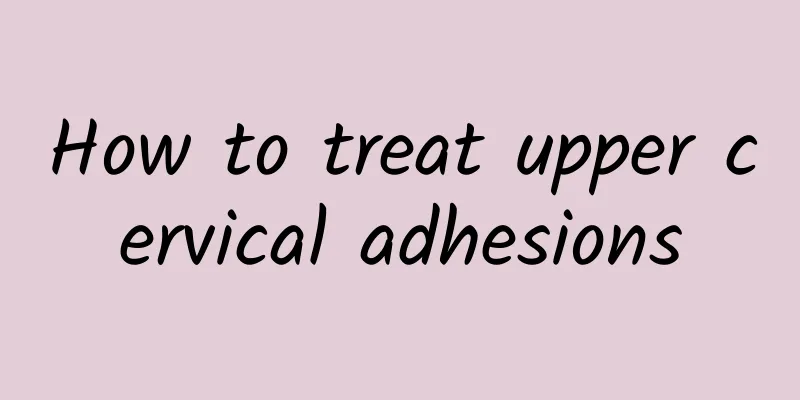
|
Treatments for upper cervical adhesions include medication, surgery, and physical therapy. The specific treatment plan should be selected based on the degree of adhesion and the cause. Common causes include infection, surgical trauma, or endometriosis, and treatment should be targeted at the cause. 1. Drug treatment: Mild adhesions can be relieved by drugs. Commonly used drugs include antibiotics such as cephalosporins, which are used to control infection; hormone drugs such as estrogen, which help repair the endometrium; anti-inflammatory drugs such as ibuprofen, which reduce inflammatory reactions. Drug treatment should be carried out under the guidance of a doctor, and the effect should be evaluated regularly. 2. Surgical treatment: Moderate to severe adhesions require surgical intervention. Common surgical methods include hysteroscopic separation, which directly separates adhesion tissue through minimally invasive technology; electrosurgical resection, which uses high-frequency current to remove adhesions; and laser surgery, which uses laser to accurately remove adhesion tissue. Postoperative medication is required to prevent recurrence. 3. Physical therapy: Auxiliary physical therapy can promote recovery. Common methods include hot compresses to improve local blood circulation; ultrasonic therapy to promote tissue repair; low-frequency electrical stimulation to enhance uterine muscle function. Physical therapy should be performed under the guidance of a professional doctor to avoid excessive stimulation. The causes of upper cervical adhesions are diverse and need to be treated according to the specific situation. Infection is a common cause, such as cervicitis and pelvic inflammatory disease, which require timely anti-infection treatment. Surgical trauma such as abortion and cesarean section may cause adhesions, and postoperative care is required. Endometriosis may also cause adhesions and requires comprehensive treatment. Regular follow-up is required during treatment to evaluate the efficacy and adjust the plan. The treatment of upper cervical adhesions requires comprehensive consideration of the cause and condition, and the selection of an appropriate treatment plan. Drug treatment is suitable for mild adhesions, surgical treatment is suitable for moderate to severe adhesions, and physical therapy can be used as an auxiliary means. During the treatment process, it is necessary to follow the doctor's advice, have regular checkups, and prevent recurrence. Timely medical treatment and early intervention are the key to successful treatment. |
<<: Can I use care solution for cervical hypertrophy?
>>: How to check chronic cervicitis?
Recommend
Does pelvic effusion affect conception?
Can I get pregnant with pelvic effusion? Female f...
Aerial yoga trains core muscles, and fairies go crazy checking in! What are static yoga and yin yoga?
Practicing yoga is a good choice for many female ...
How to cure endometrial tuberculosis
Endometrial tuberculosis is treated conservativel...
How to treat moderate cervical erosion
Moderate cervical erosion can be treated with med...
What medicine is used to treat uterine fibroid calcification? What medicine is good for uterine fibroid calcification?
Uterine fibroids are a common benign tumor in wom...
How to prevent and treat right uterine adnexitis
How to prevent and treat right uterine adnexitis?...
Exercise and massage to get rid of stubborn fat and say goodbye to postpartum belly
At the end of the year, many women are happy to b...
Supermodel goes crazy for "naked eating" to detoxify and lose weight! The mystery hidden in 48 degrees
Eating healthy is actually not difficult, especia...
What are the causes of ovarian cysts?
What are the causes of ovarian cysts? What are th...
Difference between pelvic inflammatory disease and adnexitis
Pelvic inflammatory disease and adnexitis are bot...
Hospitalization costs of patients with hyperprolactinemia
When we suffer from a disease, the most important...
Experts talk about the cost of painless abortion
Many people want to know the cost of painless abo...
What to drink to inhibit the growth of uterine fibroids What to drink to eliminate uterine fibroids
What to drink to inhibit the growth of uterine fi...
Will there be retribution for miscarriage within 49 days? What are the things to pay attention to after miscarriage?
Generally, abortion may be painful, and if there ...
Lose weight, start with taste! If you have these symptoms, you may be suffering from sweetness poisoning
Taste poisoning starts at the age of three Food s...
